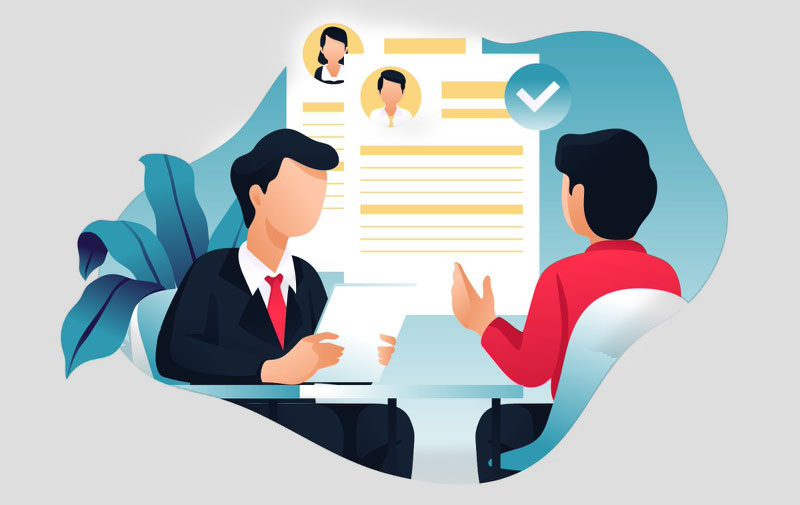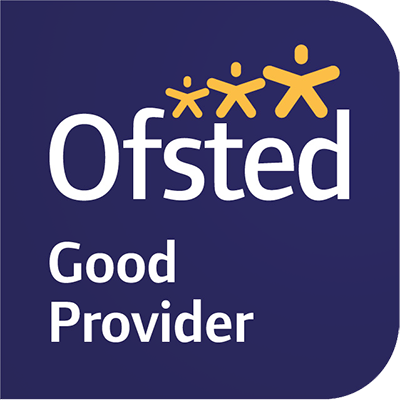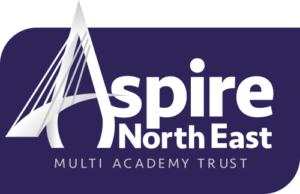Introduction
Interviews are something that everyone finds challenging, whether you are going for your first interview, or whether you have taken part in lots of interviews before. It is so important that you have the opportunity to practise for your first interview, so that you feel more confident and prepared to answer whatever questions you have to face.
One thing to remember: an interview is a two-way process. It is a chance for you to “show-off”, to tell the employer why they need you to work in their organisation. It is also, though, the opportunity for an employer to see whether you “fit” into their organisation.
PART ONE: Preparation
As you will have applied for a job/further or higher education place, you will have already completed an application form. The employer will have used this application form to shortlist potential candidates before inviting to interview. They will already know a lot about you from your application form. The interview is a chance for the interviewer to go deeper into the answers you have given in your application and hear from you personally.
Before continuing, download and complete this application form either on the computer or by hand.
PART TWO: Practice Questions
These are the types of questions that you might get asked at an interview and with ideas on how you might respond to those questions. Have a go at preparing some answers to these questions
| What are your interests outside of school? | Make sure you are able to talk for a minute or so about something you do in your spare time.
The interviewer wants to know that you are a well-rounded person with a life outside school! |
| What are your strengths? | Before you go to the interview, it is a good idea to make a list of the qualities that you think the employer or educational establishment would want from someone.
Your answers will tell the interviewer whether you have an understanding of the type of person needed to do the course/job |
| What are your weaknesses? | Do you admit to any? One answer could be that you do have some but none that would stop you doing a good job. Another answer could be phrased positively – “sometimes over-enthusiastic” or “a bit of a perfectionist”
Reassure the interviewer that there are no serious areas of concern and that you will be able to do the course/job. |
| Can you tell me about a time when you had to work as part of a team? | How do you relate to other people? Are you a leader? Have you got ideas? Can you motivate others? Before you go to the interview, think about a project that you have been involved with which required teamwork. Tell the interviewer what the team goal was, what part you played in helping the team to achieve that goal and how successful you were.
The question is designed to help the interviewer find out what sort of a person you are. |
| What accomplishments /achievements have given you the greatest satisfaction/ are you most proud of? | Before you go to the interview think of an achievement/accomplishment of which you are proud. It does not necessarily have to be connected with school or work.
Employers/Sixth Forms & Colleges all want people who are able to accomplish projects successfully |
| Do you have or have you held any positions of responsibility whilst at school? | Before you go to interview, make a note of any positions of responsibility you hold, if necessary, it is okay to take some notes into the interview to remind you. |
| What made you choose the subjects you are currently studying? | Before you go to interview make sure you know exactly what subjects you are studying and be prepared to explain why you choose them. |
| Where do you see yourself in 5 years’ time? | The answer to this question needs to be one that will reassure the interviewer that you are keen to learn and to use the skills you acquire within the company or during your time at Sixth Form or College. Your answer should include points such as ‘I would hope to have gained experience/new skills/qualifications” … “I would be taking on more responsibility”. You need to make clear that you want progression within the company (if applying for the apprenticeship). Do not say that you will have moved on elsewhere unless you are applying for a Sixth Form or College place. |
PART THREE: Practise answering the questions
It is all very well to prepare answers to the questions, rehearse them and know what you are going to say, but it is totally different when you are actually in the interview situation with an employer/someone sitting opposite you, that you’ve never met before, who is asking these questions individually.
We have asked some local employers to record questions so that you can imagine you are in the real interview situation in front of someone you have never met before.
Play the video and after the speaker asks a question, ‘pause’ the video and give your answer. Then press ‘play’ and continue. Try and do this on your own, away from anyone else and away from distractions.
Good luck!
Karen Burgess, North East Local Enterprise Partnership
Mark Fox, North East Local Enterprise Partnership
Katherine Forbes, North East Local Enterprise Partnership






